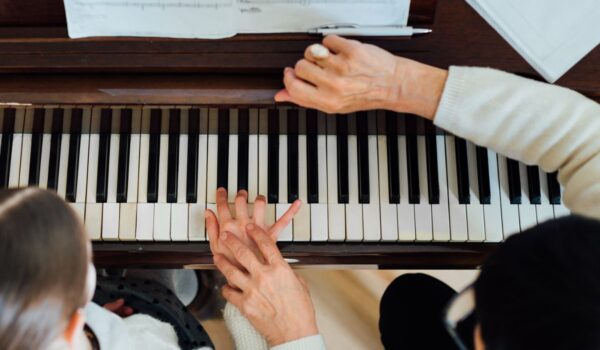
Call: 04 559 1000 | Email: welcome@melodica.ae
Email: yourcareer@melodica.ae
Piano Blogs – Piano blog category on Piano lessons, Piano classes, Piano learning tips, and many more. Read our Piano blogs -Read all piano-related articles here